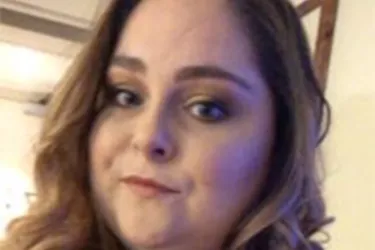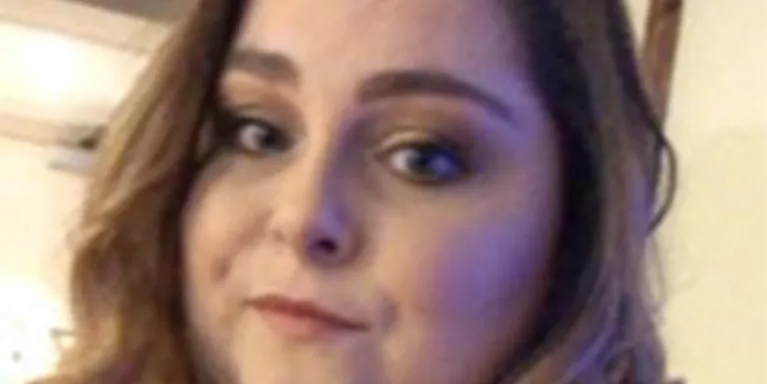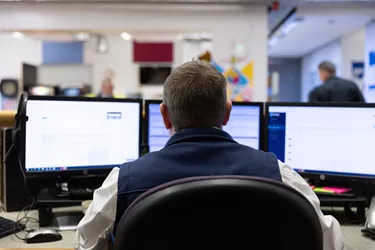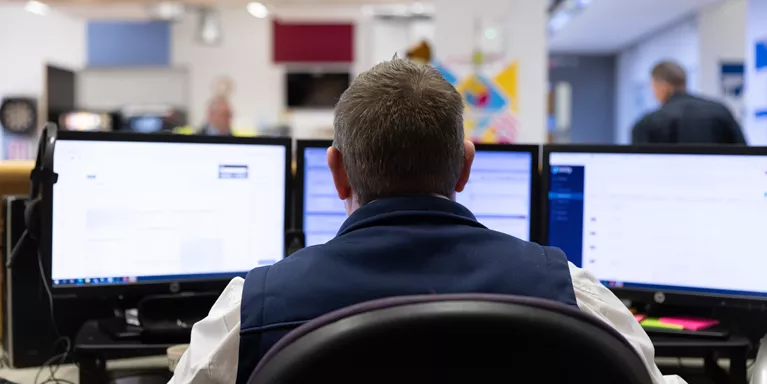The expert on me
Nikita blogs on what it was like sharing her experience of BPD with Mind staff.
I’ll be honest with you; I’ve been living with a mental health diagnosis of some description for over half my life, and perhaps I’ve exhibited symptoms for much longer - but this year, the year I turned 27, is the first year that I have begun to accept my diagnosis’ and the implications that they have on my daily life.
My official diagnosis (affectionately referred to as my ‘wrap sheet’) is Emotionally Unstable Personality Disorder (EUPD) and Bipolar Affective Disorder Type 2 (this means I have elements of, but not all the symptoms for Bipolar Disorder Type 2) - but this has changed and the labels have varied over the years.
As a not-so-fresh-faced 14 year old I was inaugurated into the CAMHS (Child and Adolescent Mental Health Services) as a ‘troubled’ girl who presented with severe depression and self harming behaviour.
Later I would possibly be suffering from schizophrenia, OCD, PND and schizoaffective disorder.
But it’s been a solid three years since my current wrap sheet was last finalised and - I think - the current consensus is the one with the best fit.
I’ve had some sort of involvement with healthcare services (mainly the NHS) for the past 13 years but, as mentioned, this year I decided that there is more to life than living from one crisis to another and one appointment to the next. I found Mind.
I’ve approached Mind and other mental health charities intermittently over the years but always flitted off to another town, another job, another life before I ever really found out about the benefits on offer to those of us living with mental illness and the many gaps in NHS provisions.
So this August when a tweet popped up on my Twitter feed from Mind asking for volunteers to speak about, in this case, BPD (Borderline Personality Disorder, another name for EUPD) I adopted my new-found ‘why not?’ approach and emailed to register interest.
They wanted someone to talk about their experiences of BPD – and lucky for me this is something I’ve had a lot of practice in.
"I’ve updated my life story for a different medical professional at least three times a year for the past 13 years - I’m an expert!"
When I’d poured my little heart out into an online form I hovered for a second over the ‘Submit’ button before throwing caution to the wind and sending a little piece of myself off to an unknown person who would have the misfortune of deciphering my application.
I was surprised when I was emailed back, very promptly, with the offer of a brief telephone conversation with two members of Mind’s information team.
In a state of disbelief I emailed back automatically with a chosen time and date, still not believing that my story and experiences seemed to be of interest to strangers.
I was visiting family in Yorkshire when I took the call - I was stood in a trolley shelter in the car park of Marks and Spencer!
The conversation was quick - though I think I might have rambled on a little too long! The follow up email was even quicker and all of a sudden... I’d got the gig!
"I was going to talk to a group of Mind employees about my experiences as a sufferer of BPD."
It seemed no time at all before I was on a ferry from my home on the Isle of Wight on the way to a big day of adventure in the big city, all on my own.
I’m a wife and a mum so I rarely go anywhere on my own; I was reflective as I sat on the train from Portsmouth to London, thinking of all the things I would say and the notes I prepared didn’t seem to be comprehensive enough for what I wanted to share.
Nonetheless, I arrived in London and I was ready - there was a spring in my step and I was excited. I wanted to make a difference.
"I wanted to reach out to people who may just be starting their journey in the mental health world; to be the person I had needed all those years ago in the CAMHS waiting room."
The actual day was broken up into an hour for lunch and getting to know the Mind staff, then one hour with the first group, a break and then another hour with a second group.
All the way through I was greeted with kindness, warmth and respect and it made it much easier to talk for two hours to people I had never met about my innermost experiences and thoughts about BPD, and my life with it.
It can be hard to talk about personal experiences openly, especially surrounding mental health, but Mind made sure that I had support in place should I be affected by anything throughout the process.
I don’t remember what I said in those two hours - I know that I rarely looked at my notes and that the two sessions were very different in their content!
I remember flashes of random stories from my life; most of which had little relevance to BPD but were still met with smiles and polite giggles. I felt like I was speaking to friends.
Mind paid for all of my travel and time, though I would have done it all twice over for free because it didn’t feel like I was giving anything away.
"It felt like I was receiving respect and validation for so many negative experiences in my life that I was finally beginning to turn into positives."
I can’t forget or re-do parts of my life, I can’t make good all the horrible experiences I’ve had over the years but I can make something good out of them - I can be an example to people who are heading for the same negative paths I took.
Taking part in this opportunity has shown me how powerful sharing our stories of mental health can be.
For that reason, I vow to spread kindness to anyone and everyone I meet. I vow not to judge a person without knowing the story behind their own scars. And most of all I vow to help anyone who might be heading for the experiences I had and to steer them to safer water.

Read about Mind's telephone helplines

Information and support
When you’re living with a mental health problem, or supporting someone who is, having access to the right information - about a condition, treatment options, or practical issues - is vital. Visit our information pages to find out more.
Share your story with others
Blogs and stories can show that people with mental health problems are cared about, understood and listened to. We can use it to challenge the status quo and change attitudes.

















